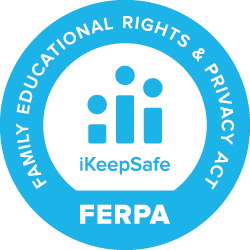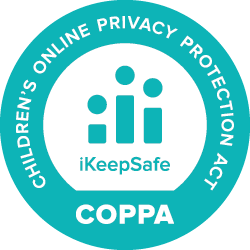Computer science has become an integral part of our personal and professional lives, with its skill set being essential for career readiness across various industries and job roles, extending beyond the computer science field itself. In today’s digital age, proficiency in computer science is no longer limited to a select few career paths. According to the World Economic Forum (2020), nearly 9 out of 10 jobs will require digital skills in the near future. From healthcare and finance to manufacturing and entertainment, virtually every industry relies on technology and data-driven decision-making. The ability to navigate and leverage digital tools, understand coding principles, and analyze complex systems is crucial for success in these diverse fields.
The U.S. Bureau of Labor Statistics projects that employment in computer and information technology occupations will grow at a much faster rate than the average for all occupations from 2022 to 2032. While not all students will pursue careers in computer science, it is critical to provide them with equal opportunities to develop these skills. Computer science education fosters critical thinking, problem-solving, and creativity, which are valuable assets in any profession. By neglecting to teach these foundational skills, we risk leaving students unprepared for the jobs that await them.
The demand for individuals with computer science skills is high, and possessing these skills makes students more competitive in the job market and significantly more employable. Incorporating computer science education into K-12 curricula ensures that students are equipped with the necessary skills to excel in the modern workforce.
However, the current state of computer science education falls short of meeting the demands of the job market. The State of Computer Science Education report reveals a concerning disparity that only 57.50% of American public high schools and 46% of middle schools offered foundational computer science courses as of 2023.

The inadequate availability of computer science education limits the number of students who can develop these essential skills. This scarcity disproportionately affects underserved and underresourced communities, contributing to an inequitable distribution of opportunities. To address this issue, it is crucial to prioritize equitable access to computer science education, ensuring that all students have the opportunity to develop the skills needed to fill the pipeline of future professionals.
JASON Learning recognizes the urgency of empowering students with digital skills. Through collaboration with STEM Minds, JASON Learning offers over 50+ technology-specific units to partner school districts. These units cover a wide range of topics, including computer skills, robotics, and data analysis. In addition, JASON Learning has partnered with leading organizations in fields like cybersecurity (G’Cubed), artificial intelligence (RankOne), and data centers (Infrastructure Masons, Vertiv, DataCenterDynamics, Compass Data Centers) to provide comprehensive resources for students.
By providing comprehensive and inclusive computer science education, we empower students from all backgrounds to enter the workforce with the necessary skills and knowledge. This not only benefits individuals but also strengthens our economy and drives innovation. It is imperative that we work toward a more equitable distribution of computer science education, closing the gap and preparing students to thrive in a digital world.



